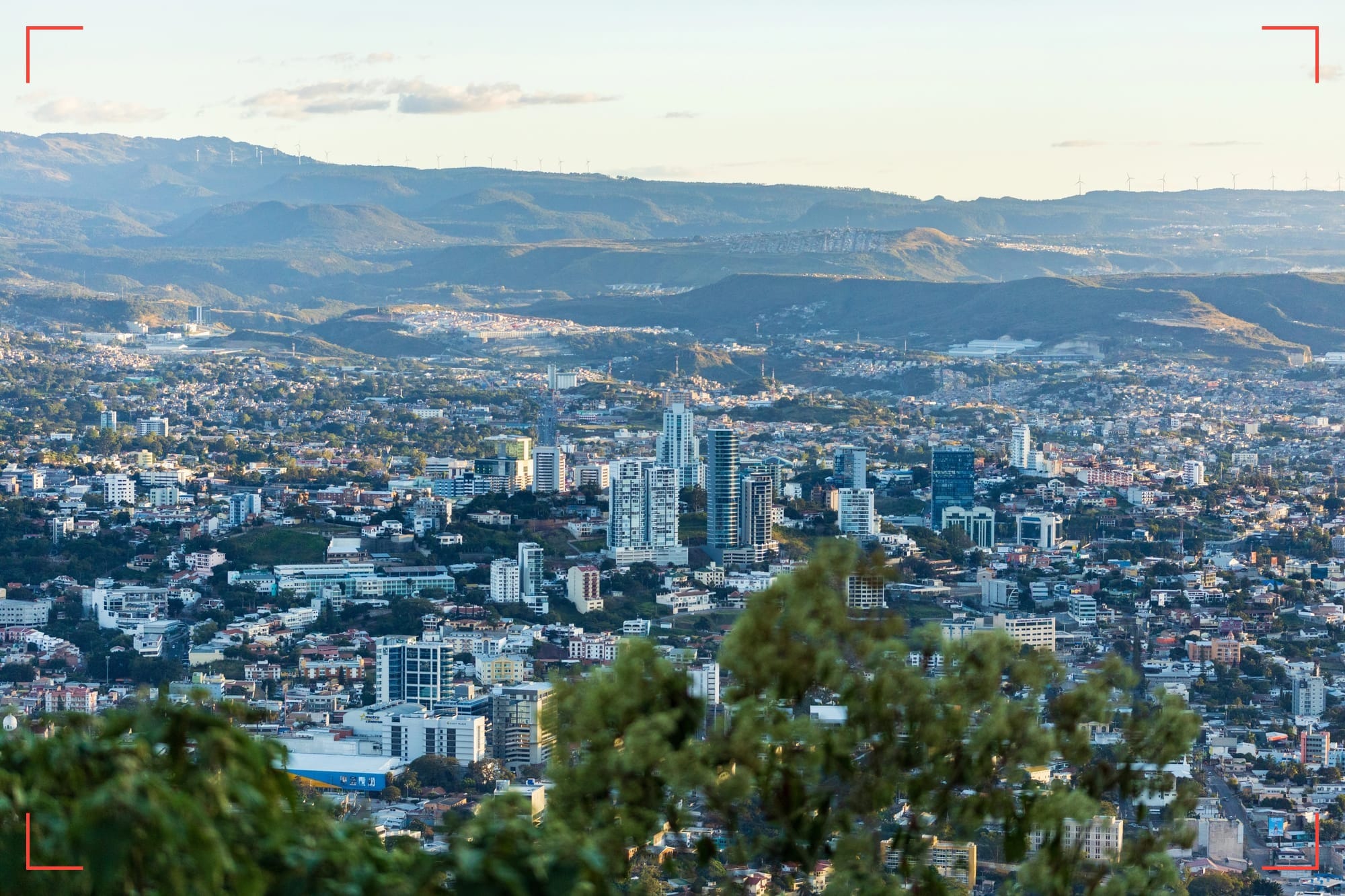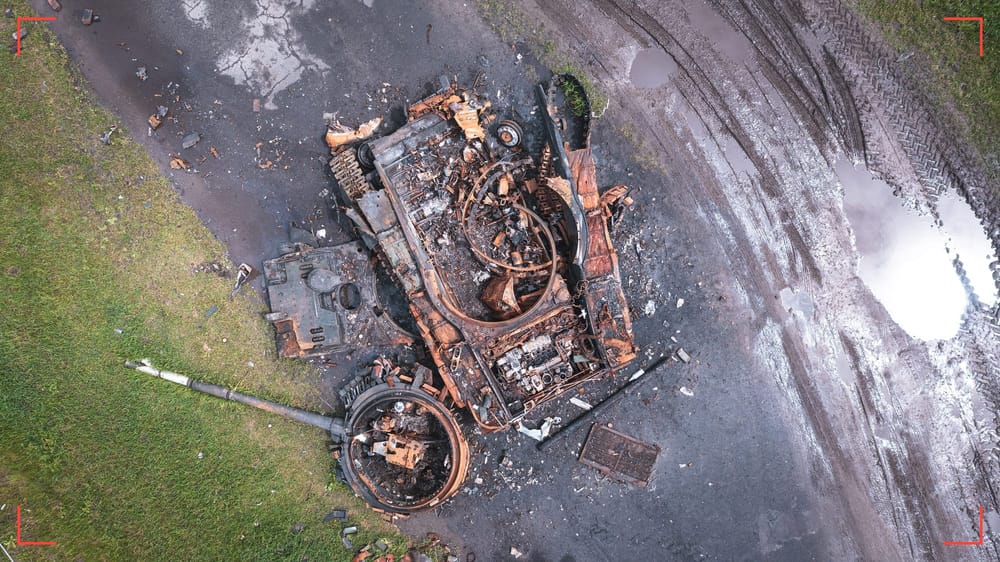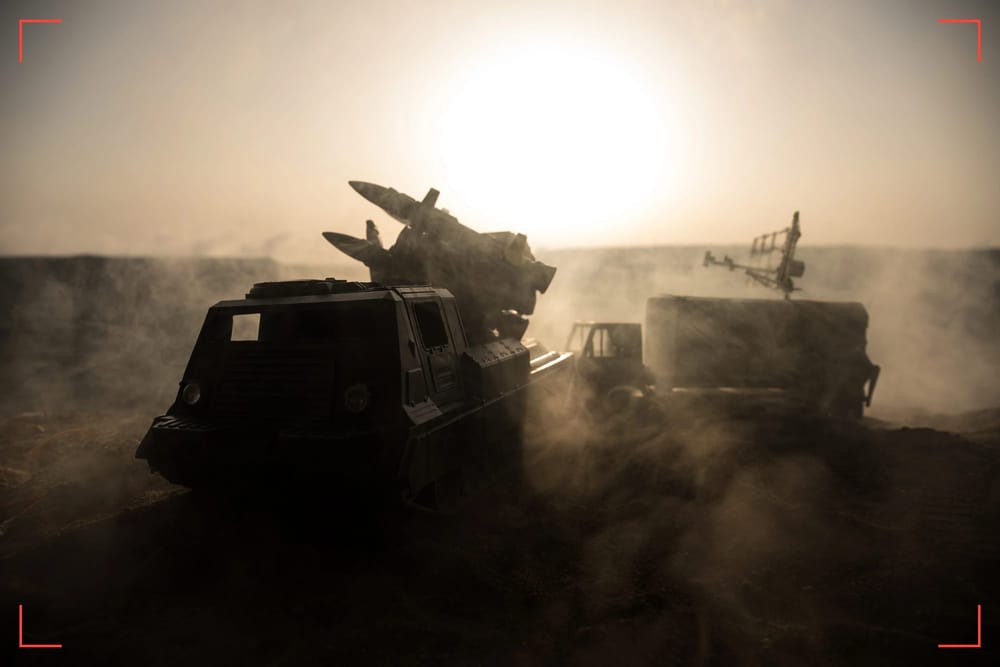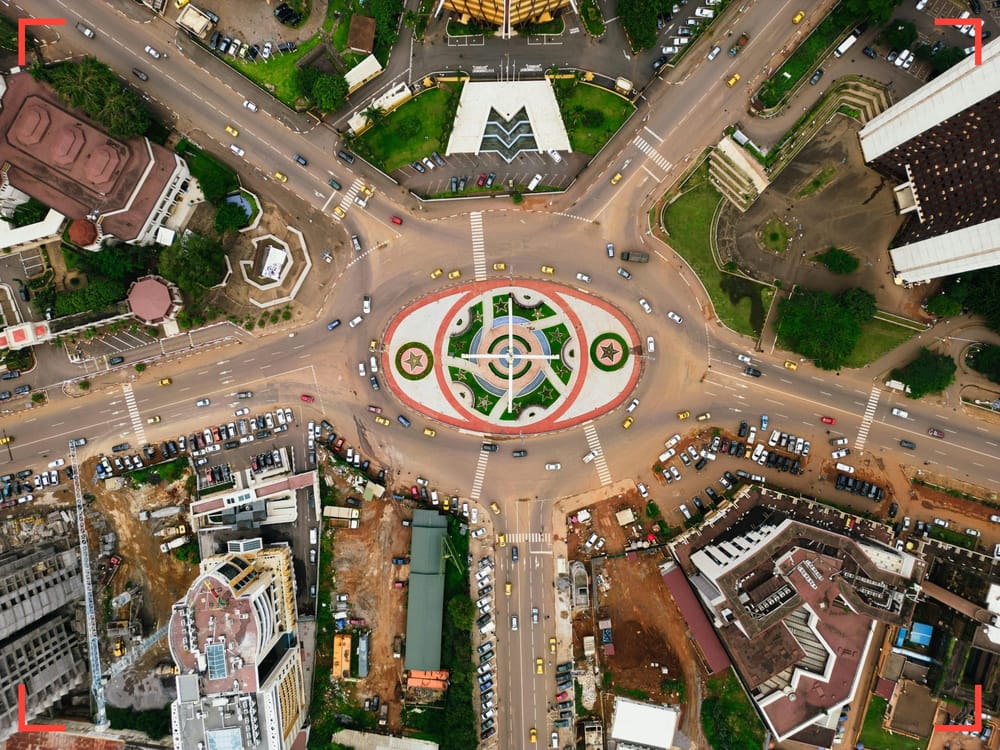
Report Details
Initial Publish Date
Last Updated: 23 MAY 2025
Report Focus Location: Honduras
Authors: DA
Contributors: GSAT
GSAT Lead: MF
RileySENTINEL provides timely intelligence and in-depth analysis for complex environments. Our global team blends international reach with local expertise, offering unique insights to navigate challenging operations. For custom insights or urgent consultations, contact us here.
Key Findings
- Honduras remains gripped by extreme gang violence, with MS-13 and Barrio 18 exerting territorial control and fueling a homicide rate six times above the global average.
- The ongoing state of exception, active since December 2022, has not significantly curbed extortion or dismantled criminal networks but has triggered serious human rights concerns and international scrutiny.
- The country plays a strategic role in global drug trafficking, serving as a key transit route for cocaine shipments to the U.S. and Europe, further entrenching organized crime.
- Regional spillover from El Salvador’s anti-gang campaign has pushed fleeing gang members into Honduras, intensifying local turf wars and violence in urban centers.
- Youth recruitment into gangs is on the rise, driven by poverty, social exclusion, and the absence of meaningful educational and employment opportunities.
- Public disillusionment ahead of the November 2025 elections is growing, with citizens demanding pragmatic solutions to crime and economic hardship over traditional ideological platforms.
- Repressive tactics alone have failed, as the militarized approach replicates patterns seen in El Salvador without addressing the root causes of gang proliferation.
- Gangs are evolving beyond street crime, embedding themselves in extortion economies, transnational trafficking, and local governance structures.
- Systemic corruption within the police and judiciary continues to undermine institutional credibility and hampers reform efforts.
- Civil society and international oversight remain crucial, providing resilience through grassroots support and pressure for democratic accountability.
Summary
This SpecialREPORT explores the escalating crisis of gang violence and organized crime in Honduras, a country increasingly destabilized by institutional fragility, transnational criminal dynamics, and a contested security agenda. Despite the government's continued enforcement of a state of exception since December 2022, the impact has been minimal: extortion persists, territorial control by MS-13 and Barrio 18 remains intact, and human rights violations have surged.
Honduras' strategic position as a cocaine transit hub, coupled with corruption within its security forces and judiciary, has allowed criminal groups to operate with near impunity. The situation is further complicated by the influx of gang members fleeing El Salvador’s crackdown under President Bukele, leading to new waves of violence and territorial disputes.
As the country approaches its November 2025 general elections, public frustration over insecurity and economic hardship is mounting. Voters are signaling a shift from ideological loyalty to pragmatic demands for safety and stability. However, without structural reforms, current hardline tactics risk reinforcing authoritarian trends while failing to dismantle the root causes of gang dominance.
This report examines the current security landscape, evaluates anti-gang strategies, forecasts electoral dynamics, and outlines targeted recommendations for risk mitigation and policy engagement.
Remaining content is for members only.
Please become a free member to unlock this article and more content.
Subscribe Now





